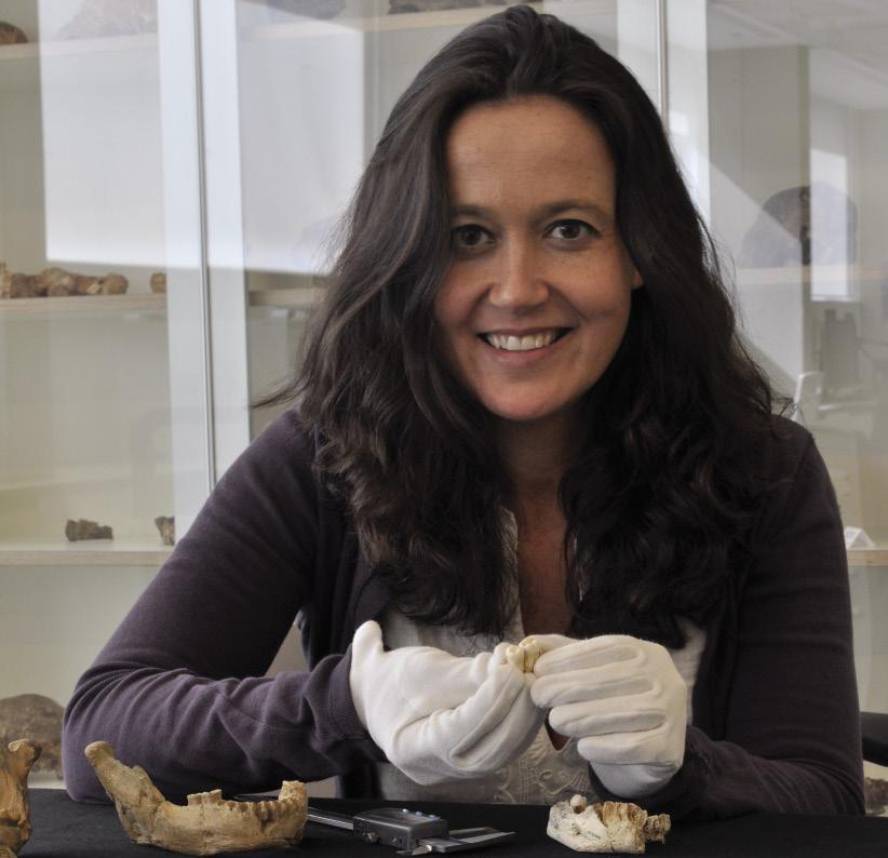"I would like to find that we are not the only human species on the planet"
In the reconstruction of our past Asia has played a much more important role than we thought so far, and I have been fascinated to know that. The focus of the paleoanthropology studied in Africa was the cradle of humanity, while Asia appeared as a lateral scenario where secondary stories were produced that were not related to the central argument of our origin. The first surprise was to know that the first Europeans, documented to date at the Atapuerca site, could have an Asian rather than African origin.
Behind this discovery have happened others that have meant a paradigm shift in the interpretation of human evolution of the last two million years, such as the discovery of denisoveses, that population found in Siberia, of which we have DNA but we do not have fossils. Or that the "Out of Africa" model has found modern human beings long before it anticipated, such as Daoxian, China, or the recently published Misliya in Israel; or that humans H. sapiens and H. neanderthalensis were probably hybridized in Eurasia.
What would you like to witness the revolution or the discovery in your career?One of them is almost a science fiction dream: I would like to find that we are not the only human species on the planet, that somewhere there is still some hominid that we consider disappeared. It seems impossible, but it was about to happen when they discovered fossils of Homo floresiensis.
From a scientific point of view, for example, seeing a Neanderthal face to face and alive would have enormous value. I always think that there are some details, related to behavior or attitude, which are very difficult to deduce from the study of fossils, and perhaps that would help us understand why an intelligent species, the Neanderthal, disappeared. We would know much more about the past and the present and about us. I am not sure, however, that what we might know about our species and our relationship with other species would necessarily be good, considering how we treat ourselves.
More realistic I would like to witness a wide excavation of the Great Dolina. We know that there was cannibalism thanks to a survey conducted in the 1990s and we hope to find hundreds of fossils of the Homo antecessor.






